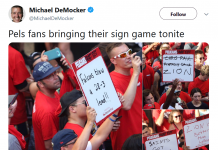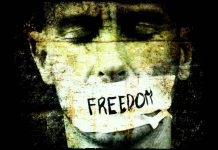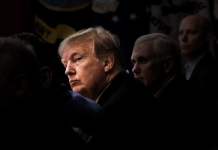Imagine that in August of last year, Colin Kaepernick kneeled during the national anthem in protest. But instead of protesting racial inequality, imagine him taking a knee as a sign of support for the police force or veterans’ rights. Would you still be so vehemently opposed to his demonstration or the other NFL players who joined him in protest? Would you still believe he was disrespecting the flag, the U.S.A, or the military? If the question makes you pause or hesitate, or if your answer is “no,” you might want to take some time to reflect. At this point, your issue is with the cause, not the medium.
Racism, mass incarceration, the education gap, the income gap, over-sentencing, and police brutality are just words to many people in the racial majority of the U.S. For that reason, it is easy to overlook the wreckage and pain that those issues cause. To black people, the issues are real, daily obstacles that affect their progress. Kaepernick’s protest is about bringing awareness to those obstacles. Over a year after he first took a knee, we are still talking about it. What Kaepernick has achieved is the definition of a successful, peaceful protest.
The majority believes black people are completely equal and any issues they have are a result of their own decisions. If you find yourself believing that, I challenge you to do something difficult. I want you to seek out a black friend, coworker, or acquaintance and have a civil conversation. It’s important to have a diverse network, so if you can’t find a friend, make a new one. Life is boring if everyone around you holds the same beliefs. Be willing to listen to someone with a different perspective and keep an open mind. Your mind may not change, but progress will have been made.
At the end of the day, this isn’t a political issue; it’s a human rights issue. The players aren’t kneeling because they hate America. They’re doing so because they love America and know it can do better.


















